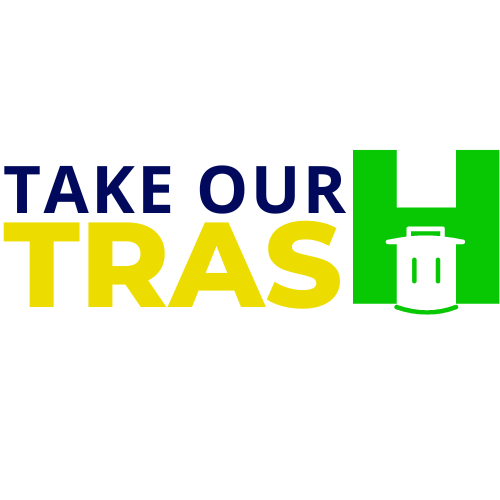Winter storms can transform picturesque snowy landscapes into logistical nightmares, especially when it comes to waste collection. From delayed pickups to overflowing bins, the aftermath of a winter storm can leave homeowners frustrated and unsure of how to manage their trash. In this blog post, we’ll explore how winter storms impact waste collection, what you can do to prepare, and how to handle disruptions when they occur.
How Winter Storms Disrupt Waste Collection
-
Safety Concerns for Waste Collection Crews
Snow and ice make roads hazardous for waste collection trucks and their crews. Slippery conditions, reduced visibility, and the risk of accidents can delay or even cancel pickups until roads are safe to navigate. -
Inaccessible Streets and Driveways
Heavy snowfall can block streets, making it impossible for collection trucks to reach certain areas. Similarly, if your driveway or bins are buried under snow, crews may not be able to access them. -
Equipment Malfunctions
Extreme cold can cause mechanical issues with waste collection trucks, such as frozen hydraulics or engine problems. These malfunctions can lead to service delays or cancellations. -
Increased Waste Volume
Winter storms often result in more waste, including broken tree branches, packaging from emergency supplies, and general household trash. This increased volume can overwhelm collection schedules and landfill capacities.
What You Can Do to Prepare
-
Stay Informed
Keep an eye on local weather forecasts and updates from your waste collection provider. Many companies will notify customers of delays or changes in service via email, text, or social media. -
Clear a Path to Your Bins
Shovel snow from your driveway, sidewalks, and around your trash and recycling bins to ensure crews can access them easily. If possible, place your bins on a cleared area near the curb. -
Secure Your Trash
High winds and snow can scatter trash and recycling. Use sturdy bins with tight-fitting lids to prevent spills. If you use bags, double-bag them to avoid rips and tears. -
Reduce Waste Where Possible
During a storm, try to minimize the amount of waste you generate. Compost food scraps, recycle whenever possible, and avoid unnecessary purchases that create extra trash.
How to Handle Waste Collection Delays
-
Store Trash Safely Indoors
If your pickup is delayed, store trash in a secure, odor-proof container inside your home or garage until collection resumes. This prevents animals from getting into your trash and keeps your property clean. -
Avoid Overloading Bins
If your bins are full, avoid placing extra bags beside them, as these can be blown away or attract pests. Hold onto excess trash until your next scheduled pickup or find an alternative disposal option. -
Check for Makeup Dates
Many waste collection companies offer makeup dates after a storm. Contact your provider or check their website for information about rescheduled pickups. -
Utilize Local Drop-Off Sites
In some areas, local waste management facilities may open drop-off sites for residents to dispose of trash and recycling during service disruptions. Check with your municipality for options.
The Bigger Picture: How Communities Can Adapt
Winter storms highlight the need for resilient waste management systems. Communities can take steps to improve waste collection during severe weather, such as:
-
Investing in snow-clearing equipment to keep roads accessible.
-
Providing residents with clear communication about service changes.
-
Encouraging composting and recycling to reduce landfill waste.
-
Exploring alternative collection methods, like underground waste systems, in areas prone to heavy snowfall.
Final Thoughts
Winter storms are inevitable, but with a little preparation and flexibility, you can minimize the impact on your waste collection routine. By staying informed, securing your trash, and exploring alternative disposal options, you can navigate service disruptions with ease. And remember, waste collection crews are working hard in challenging conditions—patience and understanding go a long way during these times.

